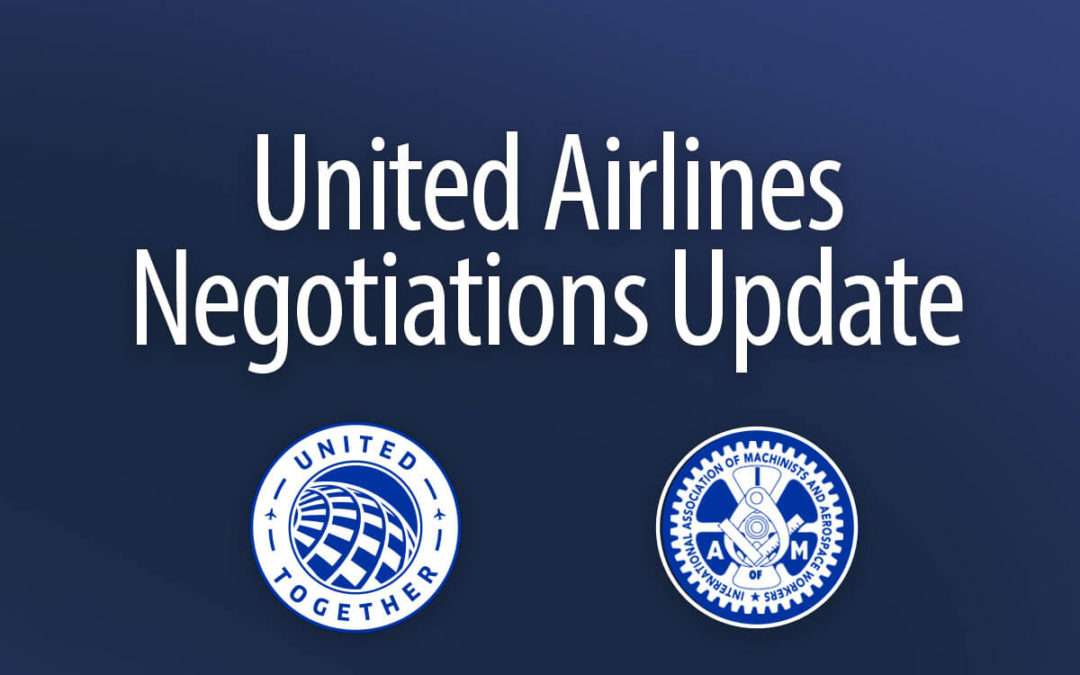
Study: More Workers Demand Employers Pay
at Least $76k to Start New Job
The Federal Reserve Bank of New York has released the results of a survey that analyzed the experiences of individuals during their job search. The survey had a sample size of over 1,000 respondents and was conducted from October 2020 to March 2021.
Over the last four months, the average full-time wage that people were offered has gone up to $62,088 from $59,834 in November 2022. However, people are less satisfied with the amount of money they’re getting paid, the non-wage benefits they receive, and their chances of being promoted at their current jobs.
The average “reservation wage,” which is the lowest salary that people would accept for a new job, has reached a record high of $75,811. This increase is mainly because older people over the age of 45 and those who have attended college are asking for more money.
If people are expecting to get a job offer, the average expected yearly salary has decreased to $58,710 from $61,187 in November 2022. This means people are expecting less money than before. For those who are already employed, the chance of them finding a new employer in the next four months has increased to 12.5%, while the likelihood of them becoming unemployed has risen to 2.5%. Men and people who did not attend college are primarily responsible for the increase in unemployment expectations.
The results show that the time needed to find a job and perceived job availability varies significantly across different demographic groups and income levels.
Individuals with a high school degree or less are taking longer to find a new job than those with a college degree or higher.
Individuals with a high school degree or less typically needed ten weeks to find a new job, compared to 6 weeks for those with a college degree or higher. Higher levels of education may lead to greater job opportunities and a quicker job search.
The survey also found that women reported longer job search durations than men, with a median duration of 8 weeks for women compared to 6 weeks for men.
Additionally, job search duration was even longer for Black and Hispanic respondents compared to white respondents. Black and Hispanic job seekers had a median of 9 weeks and eight weeks, respectively, to find a job. By comparison, white respondents only needed 6 weeks.
Another interesting finding of the survey is that people with higher incomes tended to think there were more job openings than those who earned less.
People with an annual household income of less than $50,000 were less likely to think there were good job opportunities available. Only 31% of these people reported that job availability was good or very good. In contrast, people who made $100,000 or more annually were more likely to think there were good job opportunities available. 59% of these people reported that job availability was good or very good. These findings suggest that income inequality may be a factor in how people view job availability.
The survey also asked respondents about their wage expectations when starting a new job. On average, respondents expected a wage of $20.80 per hour. However, wage expectations varied across different demographic groups and income levels.
Women expected to be paid less than men, with an expected wage of $19.20 per hour compared to $22.30 per hour for men.
Additionally, individuals with a high school degree or less expected a lower wage than those with a college degree or higher, with an expected wage of $16.80 per hour compared to $23.20 per hour for those with a college degree or higher. These findings suggest that certain demographic groups and education levels may face wage disparities when starting a new job.
The survey results highlight the importance of understanding the experiences of individuals during their job search. The findings suggest that certain demographic groups and income levels may face additional barriers to employment and may have different perceptions of job availability and wage expectations. This information can be used to inform policies that aim to address income inequality and reduce barriers to employment.
To address the longer job search durations experienced by individuals with a high school degree or less, policymakers may consider investing in education and training programs to provide these individuals with the skills needed to compete in the job market. Additionally, policies that aim to reduce discrimination based on gender and race may help to reduce the disparities in job search duration and wage expectations experienced by specific demographic groups.
Legislation could also include increasing the minimum wage or providing tax credits to low-income individuals to help them make ends meet.
Related News
United Ground Express Negotiations Update
During these sessions, we focused on Section 4 (Hours of Service), where we exchanged and discussed proposals aimed at improving shift bidding processes and the annual frequency of company-initiated shift bids. We also addressed concerns regarding mandatory overtime...
United Negotiations Update for May 13, 2025
We are making steady progress on the Storekeeper contract proposals put forth by our membership. We held productive conversations on key areas such as increasing the use of 10-hour shifts—especially on midnight shifts—clarifying core work descriptions, and improving...
UGE Negotiations Update
We exchanged and discussed proposals regarding Section 4 (Hours of Service), with a focus on improving work schedules, meal periods, break times, and mandatory overtime—among other topics raised in your surveys and contract proposals.United Ground Express (UGE)...
Stay up to date with all the latest news and information from the Machinists Union

Study: More Workers Demand Employers Pay at Least $76k to Start New Job
April 20, 2023
The Federal Reserve Bank of New York has released the results of a survey that analyzed the experiences of individuals during their job search. The survey had a sample size of over 1,000 respondents and was conducted from October 2020 to March 2021.
Over the last four months, the average full-time wage that people were offered has gone up to $62,088 from $59,834 in November 2022. However, people are less satisfied with the amount of money they’re getting paid, the non-wage benefits they receive, and their chances of being promoted at their current jobs.
The average “reservation wage,” which is the lowest salary that people would accept for a new job, has reached a record high of $75,811. This increase is mainly because older people over the age of 45 and those who have attended college are asking for more money.
If people are expecting to get a job offer, the average expected yearly salary has decreased to $58,710 from $61,187 in November 2022. This means people are expecting less money than before. For those who are already employed, the chance of them finding a new employer in the next four months has increased to 12.5%, while the likelihood of them becoming unemployed has risen to 2.5%. Men and people who did not attend college are primarily responsible for the increase in unemployment expectations.
The results show that the time needed to find a job and perceived job availability varies significantly across different demographic groups and income levels.
Individuals with a high school degree or less are taking longer to find a new job than those with a college degree or higher.
Individuals with a high school degree or less typically needed ten weeks to find a new job, compared to 6 weeks for those with a college degree or higher. Higher levels of education may lead to greater job opportunities and a quicker job search.
The survey also found that women reported longer job search durations than men, with a median duration of 8 weeks for women compared to 6 weeks for men.
Additionally, job search duration was even longer for Black and Hispanic respondents compared to white respondents. Black and Hispanic job seekers had a median of 9 weeks and eight weeks, respectively, to find a job. By comparison, white respondents only needed 6 weeks.
Another interesting finding of the survey is that people with higher incomes tended to think there were more job openings than those who earned less.
People with an annual household income of less than $50,000 were less likely to think there were good job opportunities available. Only 31% of these people reported that job availability was good or very good. In contrast, people who made $100,000 or more annually were more likely to think there were good job opportunities available. 59% of these people reported that job availability was good or very good. These findings suggest that income inequality may be a factor in how people view job availability.
The survey also asked respondents about their wage expectations when starting a new job. On average, respondents expected a wage of $20.80 per hour. However, wage expectations varied across different demographic groups and income levels.
Women expected to be paid less than men, with an expected wage of $19.20 per hour compared to $22.30 per hour for men.
Additionally, individuals with a high school degree or less expected a lower wage than those with a college degree or higher, with an expected wage of $16.80 per hour compared to $23.20 per hour for those with a college degree or higher. These findings suggest that certain demographic groups and education levels may face wage disparities when starting a new job.
The survey results highlight the importance of understanding the experiences of individuals during their job search. The findings suggest that certain demographic groups and income levels may face additional barriers to employment and may have different perceptions of job availability and wage expectations. This information can be used to inform policies that aim to address income inequality and reduce barriers to employment.
To address the longer job search durations experienced by individuals with a high school degree or less, policymakers may consider investing in education and training programs to provide these individuals with the skills needed to compete in the job market. Additionally, policies that aim to reduce discrimination based on gender and race may help to reduce the disparities in job search duration and wage expectations experienced by specific demographic groups.
Legislation could also include increasing the minimum wage or providing tax credits to low-income individuals to help them make ends meet.
Related

United Ground Express Negotiations Update
During these sessions, we focused on Section 4 (Hours of Service), where we exchanged and discussed proposals aimed at improving shift bidding processes and the annual frequency of company-initiated shift bids. We also addressed concerns regarding mandatory overtime...

United Negotiations Update for May 13, 2025
We are making steady progress on the Storekeeper contract proposals put forth by our membership. We held productive conversations on key areas such as increasing the use of 10-hour shifts—especially on midnight shifts—clarifying core work descriptions, and improving...

UGE Negotiations Update
We exchanged and discussed proposals regarding Section 4 (Hours of Service), with a focus on improving work schedules, meal periods, break times, and mandatory overtime—among other topics raised in your surveys and contract proposals.United Ground Express (UGE)...




